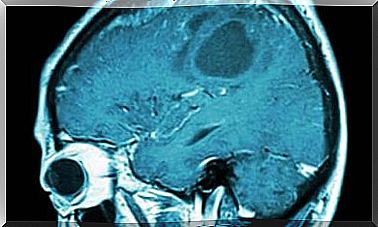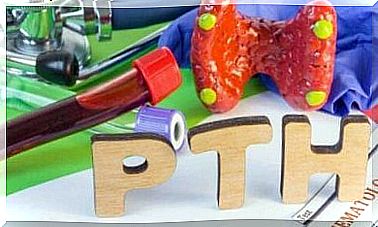Tinnitus: What Causes It? – Step To Health
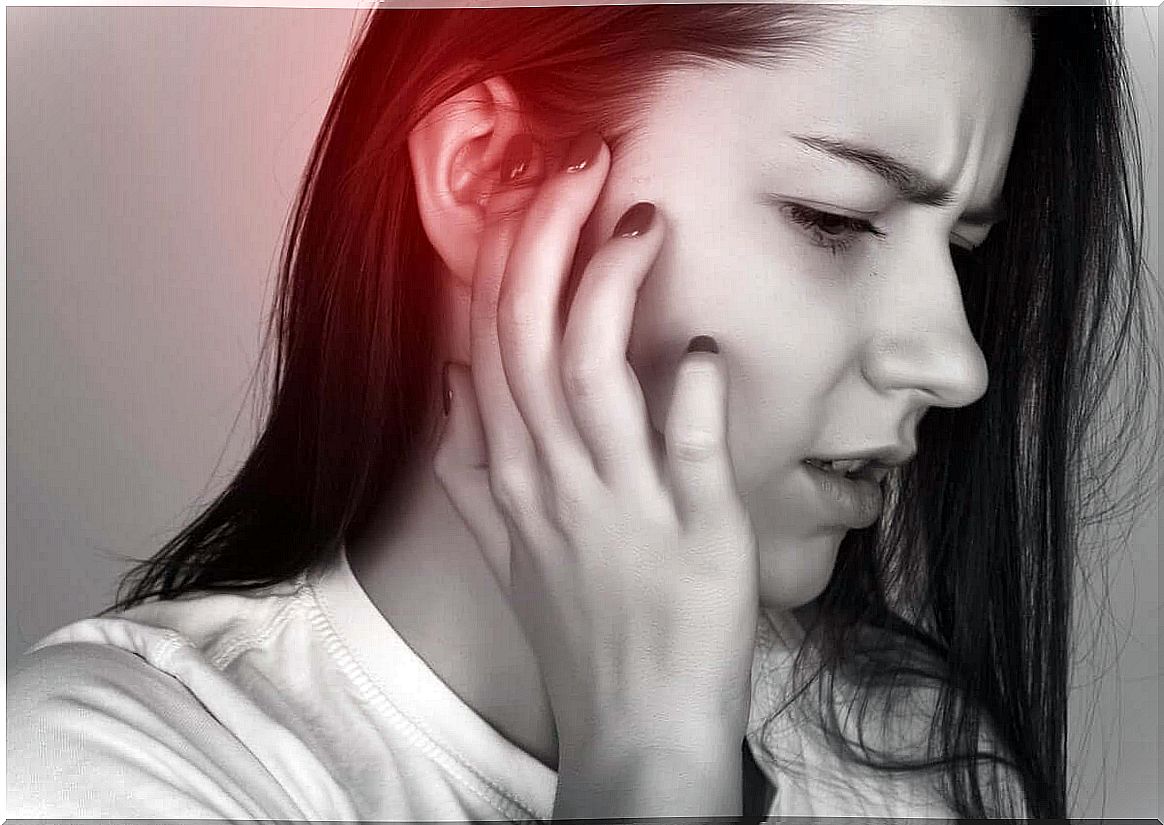
The causes of tinnitus can be varied. It is a symptom characterized by persistent hearing that occurs without an external cause to explain it. Answering the question of what causes tinnitus is crucial to treatment.
When talking about the causes of tinnitus, it should be noted at the outset that it is a symptom, not a disease itself. It is a sign that is the result of some underlying disorder causing it.
In medical terms , tinnitus can be defined as the noise perceived by the ear as an audible signal, or as a persistent purr. It does not come from an external source, so its existence causes the hearing discomfort that cannot explain it.
Tinnitus: causes
As we mentioned before, the causes of tinnitus are varied because it is the symptom and not the disease itself. Ear damage and the use of certain medications can be associated with this type of persistent sound.
Ear injuries
The ear has three main parts: outer, middle and inner. The outer area is the auricle and the ear canal that leads to the eardrum. Inside, there is a box-shaped space that forms the middle ear. Then, deeper still, we have connections to the nervous system that bring the information that this organ collects to the brain.
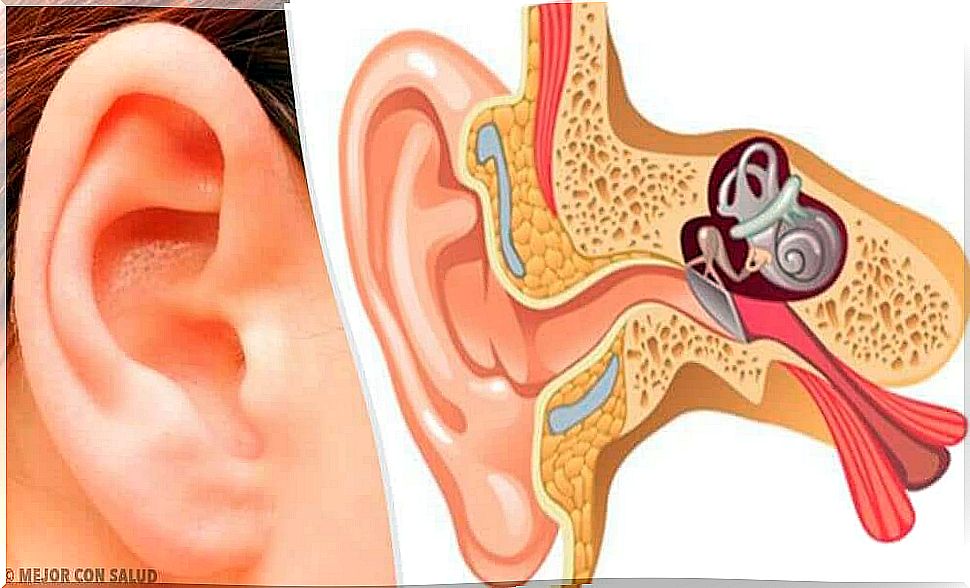
If the middle or inner ear is injured for any reason, it can lead to the appearance of tinnitus.
Then the noise is divided into those that affect the conduction of sound waves, such as a disturbance of the ossicles, or affect the interpretation of information sent by neurons to the brain.
Neoplasms may be another cause – they are serious oncological diseases that should be detected early. Many tumors grow slowly but steadily. Sometimes the noise you feel is caused by the cancer cells pressing against the auditory nerve.
More difficult to detect and attacking the inner ear is the death of neuronal cells from stroke. The consequences of a stroke include hearing loss and tinnitus. This will depend largely on the location of the bleeding or blockage in the arteries.
Long-term exposure to noise
People who work with noisy machinery or in other environments exposed to high decibels for most of the day may hear noise even outside of working hours. This applies, for example, to operators of hydraulic breakers.
Damage can also occur if you listen to loud music with headphones. In a way, tinnitus is an occupational disease of DJs.
The causes of tinnitus listed above can lead to temporary or persistent and chronic disorders. Treatment always consists of reducing exposure to noise or eliminating the harmful environment completely or permanently from your life.
Anxieties

Medications could be another cause. Some of them cause tinnitus because they are ototoxic. Ototoxic drugs are those whose consumption may damage the hearing organ at various levels.
It is not always a question of dosage, but exceeding the recommended dose increases the risk of this unpleasant symptom.
Among the most commonly used ototoxic drugs, we can mention:
- Diuretics – these are drugs for high blood pressure that can be taken alone or in combination with other antihypertensive drugs;
- chloroquine – widely used in the world as a medicine for malaria;
- gentamicin – this antibiotic is probably the most closely related to ototoxicity. When used as directed, it is not risky, but when used outside the safety margin, it may adversely affect the ears;
- aspirin – aspirin can cause tinnitus if it is consumed inappropriately for months, exceeding 10 doses per day.
Disorders of the temporomandibular joint
The joint between the mandible and the temporal bone of the skull enables chewing. Along with this mechanism, the masseter muscle ensures that the mouth opens and closes with the movements of the jaw.
In people with bruxism, i.e. pathological squeezing of the teeth at night, this joint becomes dysfunctional. It does not close as it should, the surrounding soft tissues become inflamed and the central axis on which it sits is damaged.
When the area near the ear is inflamed, the structures associated with the outer and middle ear can become inflamed at the same time. This can cause tinnitus in some patients.
The same is true for the intense contractures of the cervix, which move towards the frontal surface affecting the lower jaw. The close ear can then become inflamed, making the patient hear sounds that have no source in the outside world.
How to avoid tinnitus?
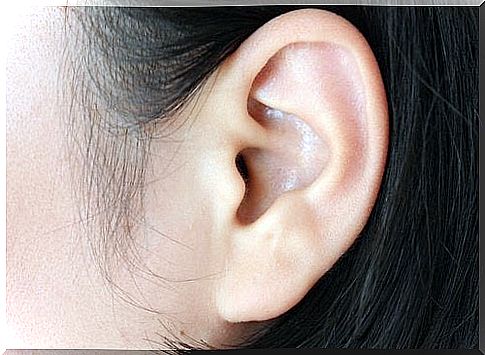
Among these measures is noise exposure control. Some jobs require specialized hearing protection – protectors that will reduce the amount of decibels getting into the eardrum.
On the other hand, if the symptoms are persistent and persistent, a medical consultation as soon as possible is imperative. Serious problems, such as auditory neuroma, can be detected through a quick response and appropriate tests.
If you suffer from bruxism, you are likely to experience auditory symptoms, especially if you don’t get dental treatment. Don’t let the problem develop. The dentist may, inter alia, adjust your relaxation rail overnight to reduce friction.
The discomfort of tinnitus affects quality of life and, in some people, even leads to low mood or depression. Therefore, it is worthwhile to quickly find the cause of the noise in order to find a suitable solution.
